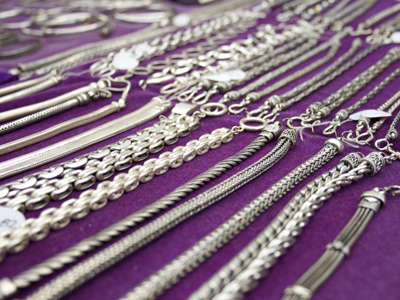
Sculpting
This quiz addresses the requirements of the National Curriculum KS3 in Art and Design for children aged 11 to 14 in years 7 to 9. Specifically this quiz is aimed at the section dealing with understanding processes and techniques, and it focusses in particular on sculpting and sculpture.
The most enduring and perhaps the greatest form of fine art known to man, sculpture has played a major role in the evolution of Western culture. Its history and development has mirrored the development of art itself, with sculpture providing key works to epitomise each era. Sculpture has an enduring quality not seen in most art forms and it became an important influence on the development of Renaissance art in Italy. Along with architecture, it was the principal form of religious art - which for centuries was the driving force of European civilisation. Even today, although continuously evolving and trying out new techniques, sculpture is still the leading method of expressing and commemorating both historical figures and events.
Ready for more?
not all...
quizzers. Try to win a coveted spot on our Hall of Fame Page.







